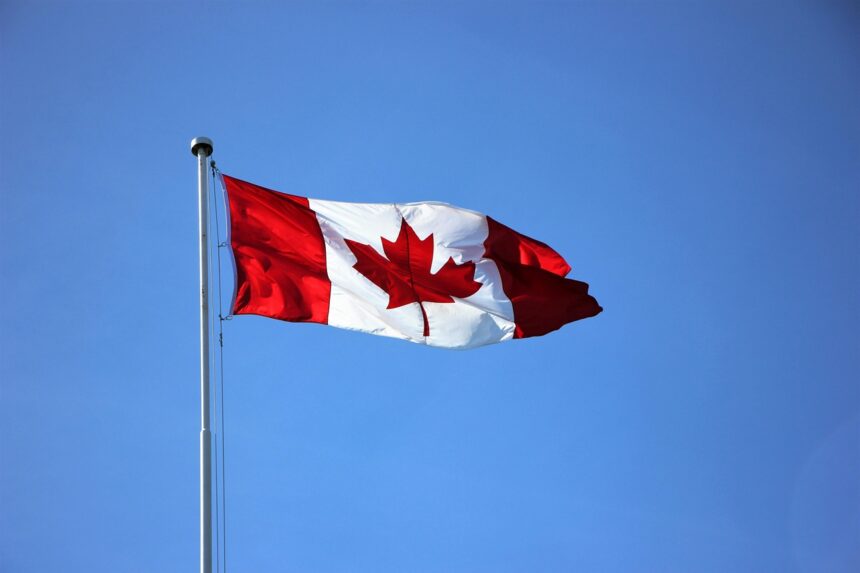A recent report has revealed that the government of Canada has rejected 1,596 Nigerian asylum claims while approving 65% of applications from Nigerian nationals so far in 2025.
This data was obtained from Canada’s Immigration and Refugee Board (IRB).
According to the data, updated as of August 21, 2025, Canada revealed a total of 3,548 Nigerian asylum claims between January and August.
Of these, 2,292 were approved, translating to a 65% acceptance rate. This marks a notable improvement compared to trends, where cumulative rejections for Nigerian claims exceeded 13,000 over the past decade.
Meanwhile, the rejected 1,596 Nigerian asylum claims in 2025, represented a higher rejection proportion than in previous years.
For context, in 2024 alone, 811 Nigerian claims were denied out of 3,041 total submissions, with approvals standing at 2,230.
Also, an analysis by Maple Crest Law, a Canadian immigration practice, estimated that Nigeria ranked among the top sources of asylum seekers in early 2025 alongside Mexico, India, Haiti, and Colombia, with 3,455 claims already filed.
The firm linked the trend to the combined impact of Boko Haram violence and economic instability at home.
“Ontario and Alberta currently host the largest numbers of asylum seekers from Nigeria.
“Under Canadian law, the Refugee Protection Division (RPD) grants refugee status if an applicant meets the United Nations definition of a convention refugee or is deemed a person in need of protection.
“The 1951 UN Convention relating to the Status of Refugees defines a refugee as someone with a well-founded fear of persecution based on race, nationality, religion, political opinion, or membership in a particular social group.
“In Canada, social groups recognized under this definition include sexual orientation, gender identity, women, and persons living with HIV/AIDS”, the report said.
It also noted that to qualify, claimants must also demonstrate that returning to their country would expose them to risks such as torture, threats to life, or cruel and unusual treatment.
Protection claims are typically initiated when immigrants alert the Canada Border Services Agency at ports of entry or report directly to an immigration officer. If found eligible, the claim is referred to the IRB for adjudication.
The data highlights a sharp contrast with recent years. In 2024, 811 Nigerian claims were rejected, while 2,230 were approved.
“Between 2013 and 2024, the RPD denied 13,171 applications from Nigerians but accepted 10,580, placing Nigeria consistently among the top five countries for asylum claim denials.
“The peak rejection year came in 2019 when 3,951 Nigerian applicants were turned down.
“Annual rejection figures have fluctuated since 2013, when 127 Nigerians were denied protection.
“That number rose steadily to 1,777 in 2018 before spiking in 2019. Rejections then fell during the pandemic years, with 1,770 in 2020, 1,686 in 2021, 728 in 2022, 439 in 2023, and 811 in 2024. Despite the high denial rate, thousands of Nigerians have still secured protection.
“Overall asylum demand in Canada remains strong, as a record 173,000 claims were filed in 2024, though applications have eased slightly in 2025, with 19,660 lodged in just the first two months of the year.
“The IRB has faced criticism for growing backlogs and long delays in processing cases as volumes remain far above pre-pandemic levels”, it added.
It was revealed that Nigeria ranks among the top 10 countries with the most accepted claims.
In 2024, it placed eighth, behind Turkiye (4,866), Mexico (4,363), Colombia (3,340), Iran (3,200), Pakistan (2,556), Haiti (2,211), and Afghanistan (1,921). Kenya followed Nigeria with 1,653 accepted claims.





